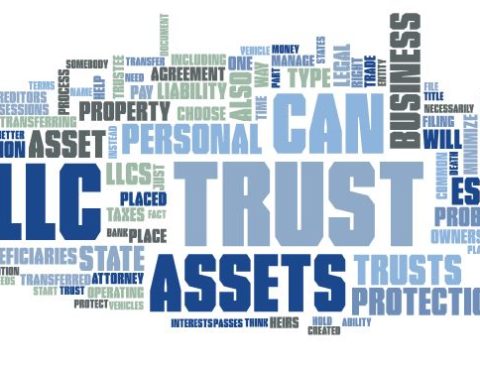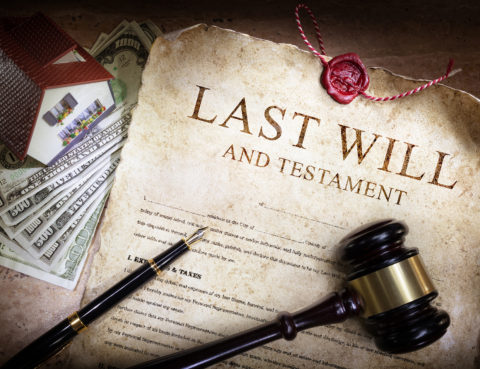When creating an estate plan, the main decision is how your assets will be distributed after you pass away. Understanding “per stirpes” and “per capita” distribution is key to that decision.
Credit shelter trusts are a way to take full advantage of state and federal estate tax exemptions. Although such trusts may appear needless unless you are a multi-millionaire, there are still reasons to create them.
Trusts and limited liability companies (LLCs) are both legal vehicles that can be used to manage and protect assets, minimize taxation, and avoid probate. Whether a trust or an LLC…
Proper execution of a legal instrument requires that the person signing have sufficient mental “capacity” to understand the implications of the document.
There are lots of misconceptions about estate planning, and any one of them can result in costly mistakes. Understanding who needs an estate plan and what it should cover is key to creating a plan that is right for you.
Estate administration is the process of managing and distributing a person’s property (the “estate”) after death.
Your will is a legally-binding statement directing who will receive your property at your death. Why should you have a will? Here are some reasons.
For most people, the durable power of attorney is the most important estate planning instrument available — even more useful than a will.
Gifting assets to your grandchildren can do more than help your descendants get a good start in life — it can also reduce the size of your estate and the tax that will be due upon your death.
Many websites offer customized, do-it-yourself wills and other estate planning documents. Although these products are convenient, using them could create serious and expensive legal problems for heirs.










